Tempo-iCardio™
Human iPSC-derived Cardiomyocytes
Tempo-iCardio™
Human iPSC-derived Cardiomyocytes
Cardiomyocytes are cardiac muscle cells. They are terminally differentiated and facilitate contractile forces (“beatings”) of the heart. Grown in vitro as a monolayer sheath, cardiomyocytes are connected by gap junction proteins that help synchronize contraction-relaxation cycles of the cardiomyocytes. Cardiomyocytes may be used in various in vitro or in vivo studies; transplantation into normal or diseased systems; cardiac toxicology studies; or cardiovascular developmental studies. Cardiomyocytes have a high mitochondrial density, which allows them to produce adenosine triphosphate (ATP) quickly, making them highly resistant to fatigue.
Tempo-iCardio™ cells are reprogrammed from human iPSC-derived multipotent progenitor cells, using integration-free induced pluripotent stem cell (iPSC) lines under a fully defined proprietary serum-free, virus-free, genetic-vector–free, and integration-free conditions. They are cultured as monolayers and are alive for >4 weeks under defined cell culture conditions. Tempo-iCardio™ express biomarkers (q/RT-PCR gene expression analysis): ACTC1, CSPR3, KCNQ1, MYBPC3, MYH7, MYL2, PKP2, PRKAG2, TNNI3, TNNT, TPMI, TTN. Tempo-iCardio™ biomarkers (immunocytochemistry analysis): TNNT2, E-Cadherin.
Applications
Tempo-iCardio™ are intended for basic scientific research, drug discovery and therapeutics development use only. It is not a product for human testing or diagnostics.
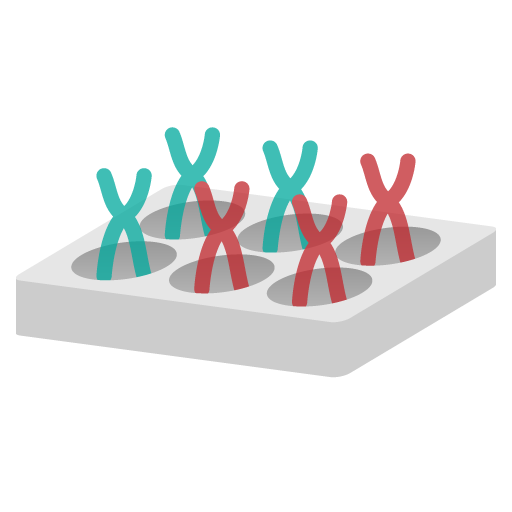
Phenotypic Assays

High Content Imaging
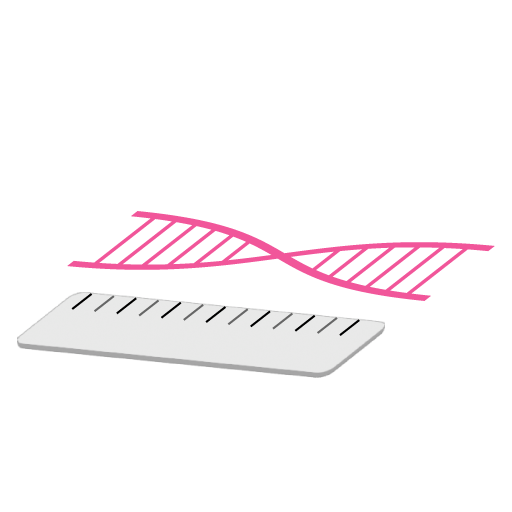
Biomarker Discovery
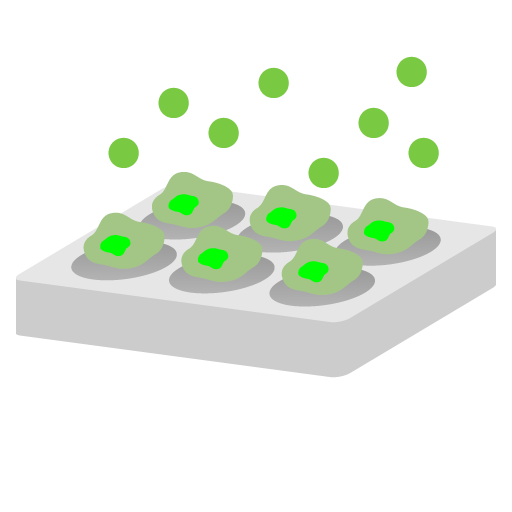
Cytotoxicity Assays
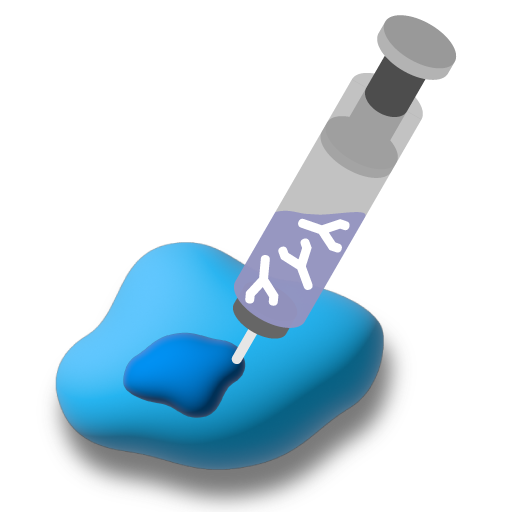
Target Validation
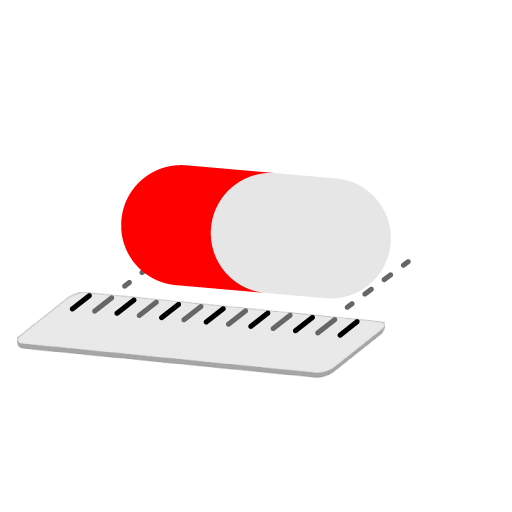
Lead Optimization

Investigative Toxicology

Nonclinical Efficacy Evalutions
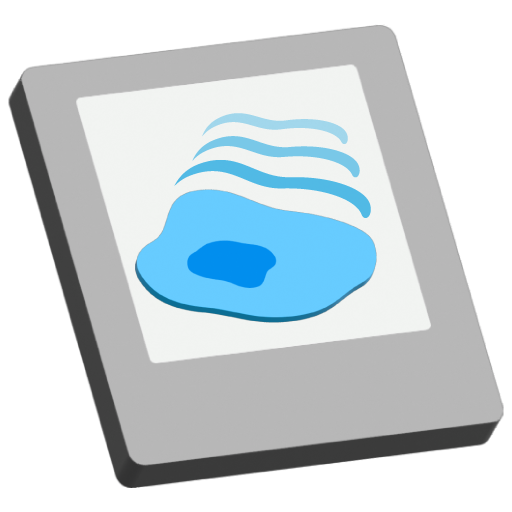
Live-cell Imaging
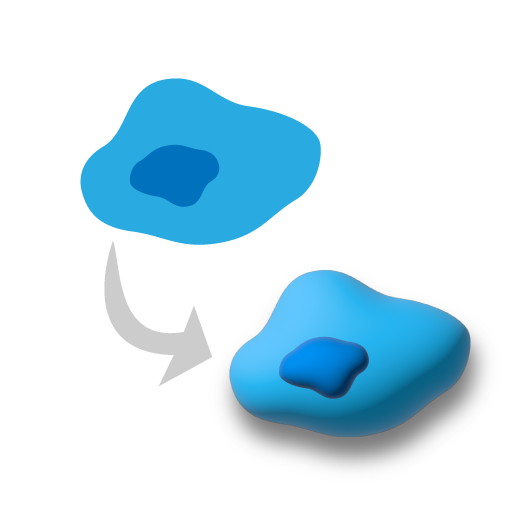
2D & 3D Cell Culture
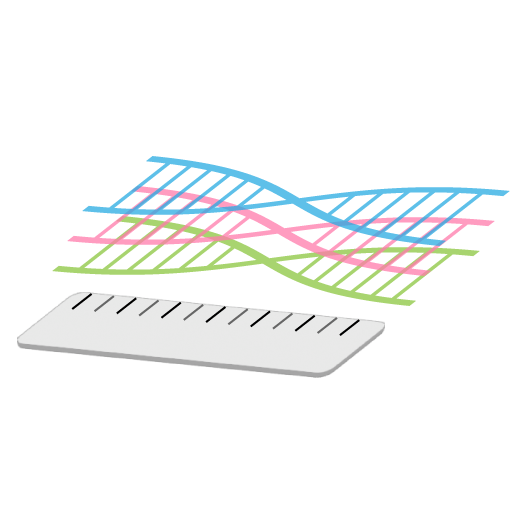
Biomarker Authentication
Specifications
~1.0×10^6 cells per 1ml of freezing medium (vial)
Long-term Storage: liquid nitrogen
Growth Properties: adherent
Storage: remove cryovials (dry ice packaging) and place the vial into liquid nitrogen for storage. Alternatively, thaw and use the cells immediately.
Technology used: an in-house developed proprietary serum-free, virus-free, nucleic-acids-free, feeder-free, and integration-free technology.
QC: Sterility, Safety (BioSafety Level 2), HIV/viruses, bacteria, fungi: negative. Cell viability post-thawing (>90%)
Post-Thaw Viability: >4 weeks in culture under standard conditions
Tempo-iCardio™ SKU1014
